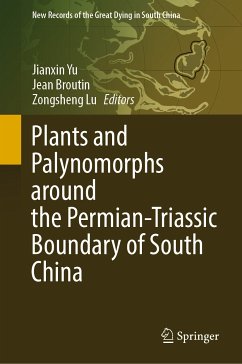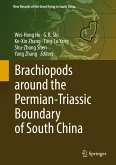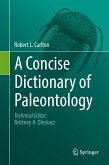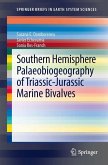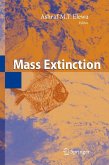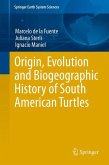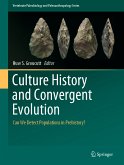This book documents timely and systematically marvelous fossils (plants and sporopollen) related to the biggest mass extinction of the Permian-Triassic transition. Numerous beautiful pictures and comprehensive records on the plants of this unique and critical interval of geohistory are presented in this book. It greatly contributes to understanding of the Permian-Triassic plant diversity and evolution. For geologists, it is important to understand the Permian-Triassic crisis, and for students, it is attractive to learn about the plants' response to palaeoclimatic changes.
Dieser Download kann aus rechtlichen Gründen nur mit Rechnungsadresse in A, B, BG, CY, CZ, D, DK, EW, E, FIN, F, GR, HR, H, IRL, I, LT, L, LR, M, NL, PL, P, R, S, SLO, SK ausgeliefert werden.

